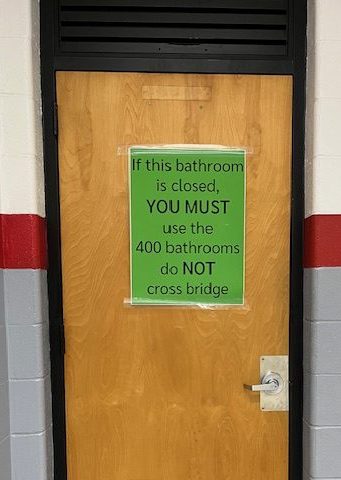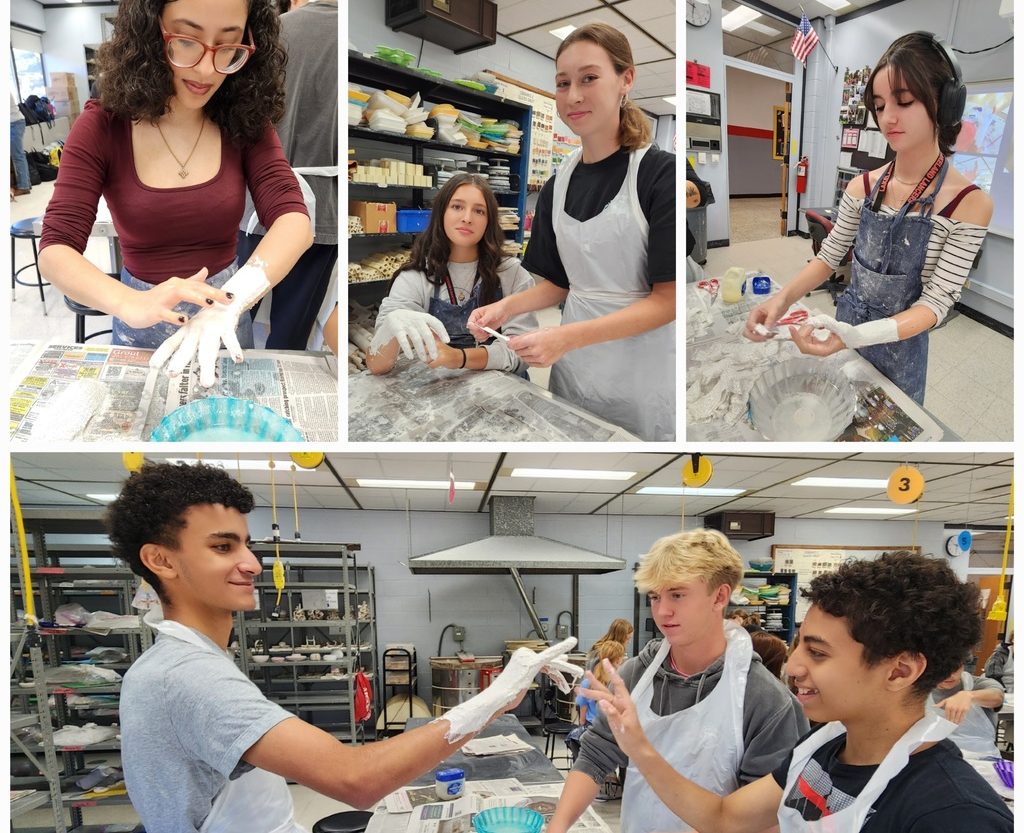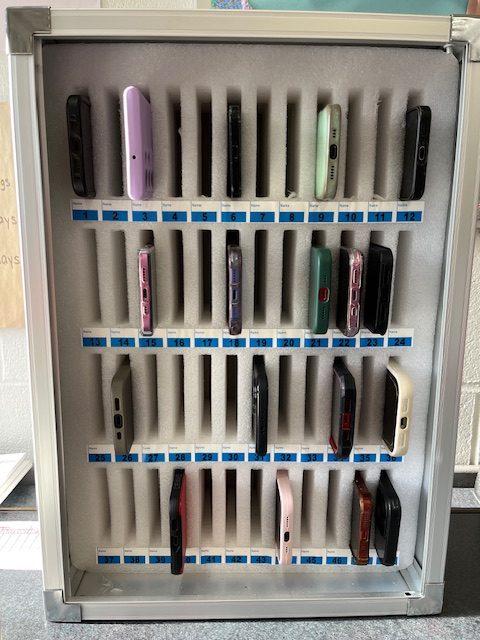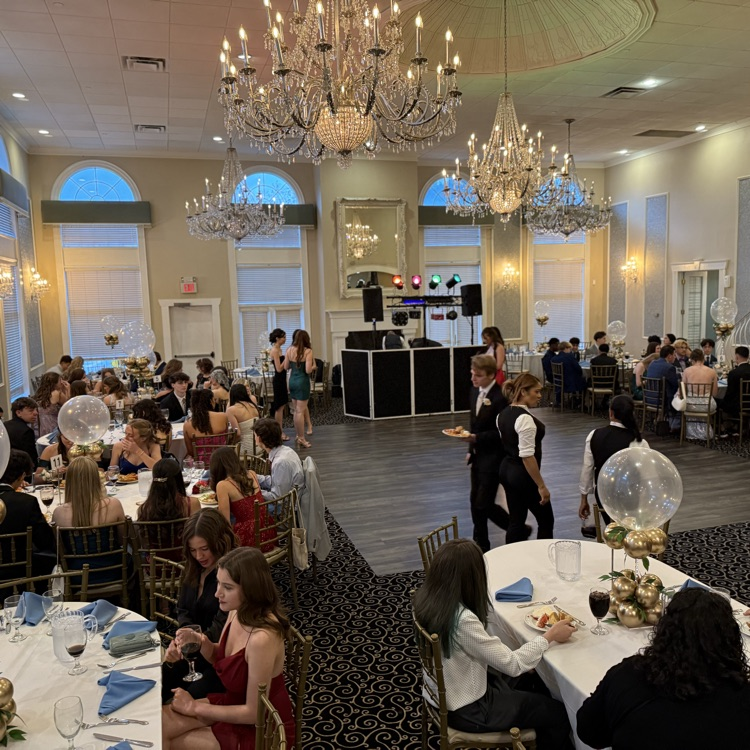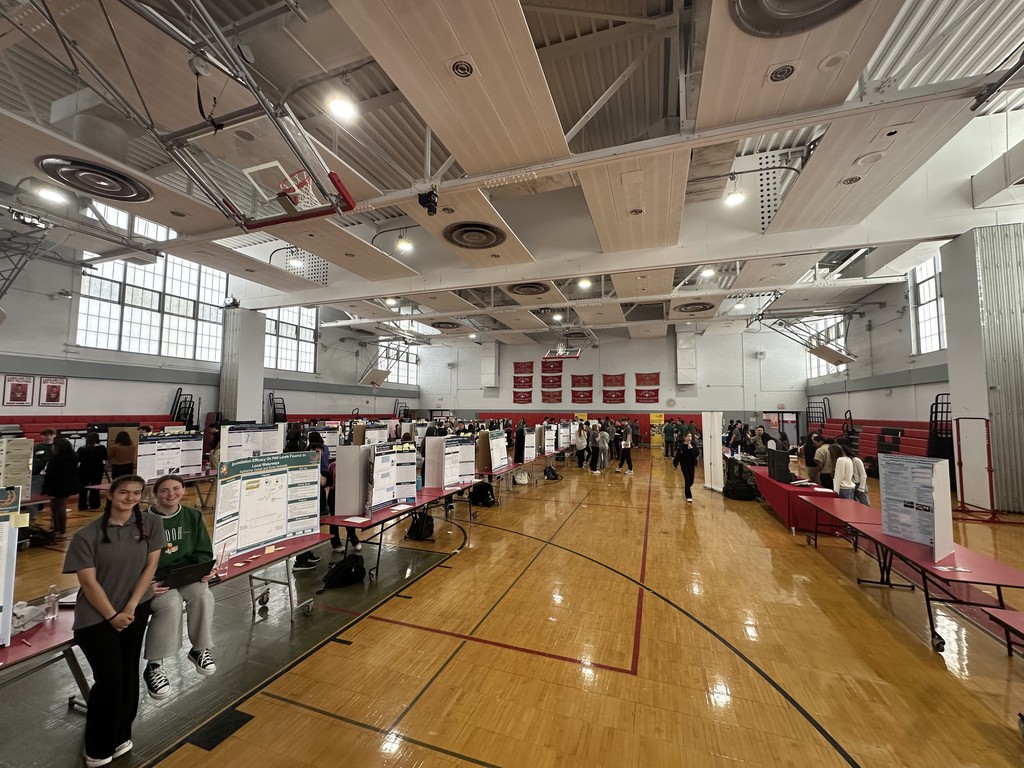“If this bathroom is closed, YOU MUST use the 400s bathrooms” is a sign students have become all too familiar with this school year, but starting this month, that could all change. There has been much discussion amongst students about the upstairs bathrooms being locked. Many students complained that it’s not practical, while others argued that less open bathrooms are necessary at this time to keep students under control. The bathroom closures in between classes and frequently locked bathrooms around the school have some students asking the question, should going to the bathroom be a right or privilege at school? This time, it might be up to the students if bathrooms are to remain open for the foreseeable future.
Area Supervisor, Ms. Jessica Geyer explained that the goal of the bathroom policy is to ensure that the common spaces around the school are safe for all.
“The decision to modify the accessibility of certain restrooms was a measure implemented to support a safe and orderly educational environment for all students. This action was taken proactively based on an administrative review of common areas, including restrooms, to address recurring concerns related to vandalism, unauthorized gatherings, and activities disruptive to the learning process,” said Ms. Geyer.
Students who find conflict with the ever-changing bathroom policy claim that it limits them from using the bathroom freely in the building. Some say it’s not practical to walk downstairs to the bathroom as they can get in trouble for perceived hall wandering, so closures present a challenge.
Sophomore Mattea Petri shared her concerns about the bathroom rule saying, “I don’t think the upstairs bathrooms should be locked. Lots of my classes are upstairs, so every time I have to go, I have to walk down a whole flight of stairs and take another two to three minutes out of my learning in order to use the bathroom.”
Petri goes on to say, “Most of my classes are incredibly fast-paced, and missing any time at all means I miss critical material, so my bathroom breaks need to be as short as possible, which is difficult when limiting the open bathrooms in the school.”
Others agree with Petri that walking down a flight of stairs or across the building in some cases just to find an open bathroom once the bell rings takes time out of learning in a classroom.
Additionally, some students say it’s unfair to punish the whole student body over a few students’ poor choices.
Sophomore Antonia Politano said, “I think this rule [of closing bathrooms between classes] is unfair for students of Lakeland because they’re punishing everybody by closing the bathrooms even though only a few students actually deserve this inconvenience.” She also stated, “Just because a few students broke the rules and abused this power doesn’t mean the kids who respected the bathrooms deserve this.”
According to Ms. Geyer, there have been less incidents of bathroom misuse and issues arising from students mismanaging their time outside of the classroom since the decision to close the majority of bathrooms.
“Any change in school policy requires an adjustment period. We acknowledge that changes in procedures can sometimes generate feedback from the school community. We have received feedback from various stakeholders—including students, parents, and staff—and we are committed to listening and being responsive to their concerns while prioritizing the safety and well-being of the entire student body. We strive to balance student convenience with our responsibility to maintain a safe and productive school setting,” said Geyer.
Between students and staff, there has been some debate about whether bathrooms should be a privilege or a right with some staff saying it’s unprofessional to skip a great deal of class time by misusing the bathroom policy. According to staff, some students forget that it is a privilege and not a right to leave the classroom for extended periods of time.
Politano firmly believes that “Using the bathrooms whenever you want is a right. I understand that some students may abuse this, but in the end, using the bathroom is a human right and that shouldn’t be restricted from people.”
Others like Petri agree with Politano that using the bathrooms at school should be a given. “People can’t control when they have to go, especially girls. People should absolutely be allowed to use the bathroom because [a person’s needs can be] wildly unpredictable.”
Students are offering up with their own proposed solutions to meet in the middle with the administration.
Freshman Meryam Twadros suggested, “open them between classes so, that students can use the bathroom before classes instead of during class when the teacher is explaining something about the assignment”.
Others suggest that enforcing rules for the students who don’t follow protocol would be a fair solution.
Politano added, “Instead of the bathrooms being locked for everyone, certain students should only be allowed to use the bathroom near the main office.” This would allow the students who abuse the privilege to use the bathroom during passing time, but only right outside the main office so they can be supervised.
Overall, many students are voicing their opinions to try to change the current bathroom rules at LRHS. For those who think it’s unfair how the bathrooms are locked during passing times, they are willing to come up with ideas to meet in the middle with faculty and the administration so that students can use the bathroom as needed in a responsible way.


